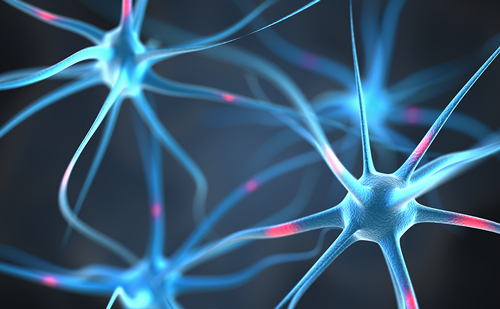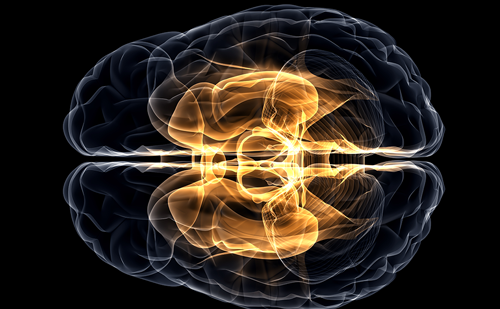Welcome to the summer 2014 edition of European Neurological Review. As usual this issue contains a variety of review articles on new developments in neurological diseases. The main topics addressed include Parkinson’s disease, multiple sclerosis, stroke, headache, neuromuscular disorders, neurometabolic disorders and autoimmune encephalitis. These concise review articles are essential as they allow European neurologists to be aware in a quick way of all recent progresses in their field of interest. Perhaps the most important event for European neurologists in 2014 is the joint European Federation of Neurological Societies-European Neurological Society (EFNS-ENS) congress to be held in Istanbul, Turkey, from 31 May until 3 June 2014. This means the end of two independent and separate European neurological societies and the creation of one unified society, the European Academy of Neurology (EAN), which will start at the end of the congress with the election of the new board.
At the opening of the EFNS 2009 congress in Florence, when it was decided to start the negotiations between the EFNS and the ENS, we could say, ‘Yes, we can.’ Now in 2014 with the upcoming joint congress in Istanbul we can say, ‘Yes, we did it.’ This is not only due to the mutual friendship and trust of the two Belgian initiators but also to the constant excellent collaboration between the ENS and EFNS delegations of the Transitional Task Force, ending with six mutual friends (Gunhild Waldemar, Detlef Kompf, Claudio Bassetti, José Ferro, Gustave Moonen and Jacques De Reuck). The success of this realisation is also due to the unrestricted help of the President of the EFNS, Richard Hughes, and of the successive presidents of the ENS, José Ferro, Zarov Argov, Heinz Reichmann and Claudio Bassetti. Finally, the continuous support of the great majority of the European neurologists has largely contributed to the imminent birth of the EAN.
Each morning during the joint Congress in Istanbul, parallel symposia will be presented, covering post-stroke dementia, status epilepticus and peripheral neuropathies on the opening Saturday, Alzheimer prevention, multiple sclerosis and evolving concepts in movement disorders on Monday and headaches and new therapeutics on the horizon on Tuesday. In addition a plenary symposium focusing on hot topics in neuroscience will be held on Sunday 1 June 2014. Twenty-three focused workshops, three interactive sessions, three special sessions and three practical sessions will follow the symposia in the morning. Each day there will be numerous teaching courses that run in parallel, as well as many free oral communication sessions. Four E-poster sessions are planned at noon. Similar to previous years there will be the Uschi Tschabitscher tournament in basic and clinical neurological science for young neurologists, the investigator awards and the PK Thomas prize for the best paper on peripheral nerve disorders. Satellite symposia organised by the pharmaceutical companies will complete the scientific programme. Over 3,000 abstracts were submitted and approximately 5,000 participants are expected and so we are looking forward to a wonderful event with many close scientific as well as social interactions.
European Neurological Review would like to take this opportunity to thank the individuals and organisations who contributed to this edition, with special thanks to the ever-supportive Editorial Board and, importantly, to the expert authors who provided such an insightful selection of articles. Lastly, European Neurological Review would like to offer its full support and best wishes to the ENS and EFNS for a successful joint congress and also to the imminent birth of the EAN and the start of an exciting new era in European neurology.














